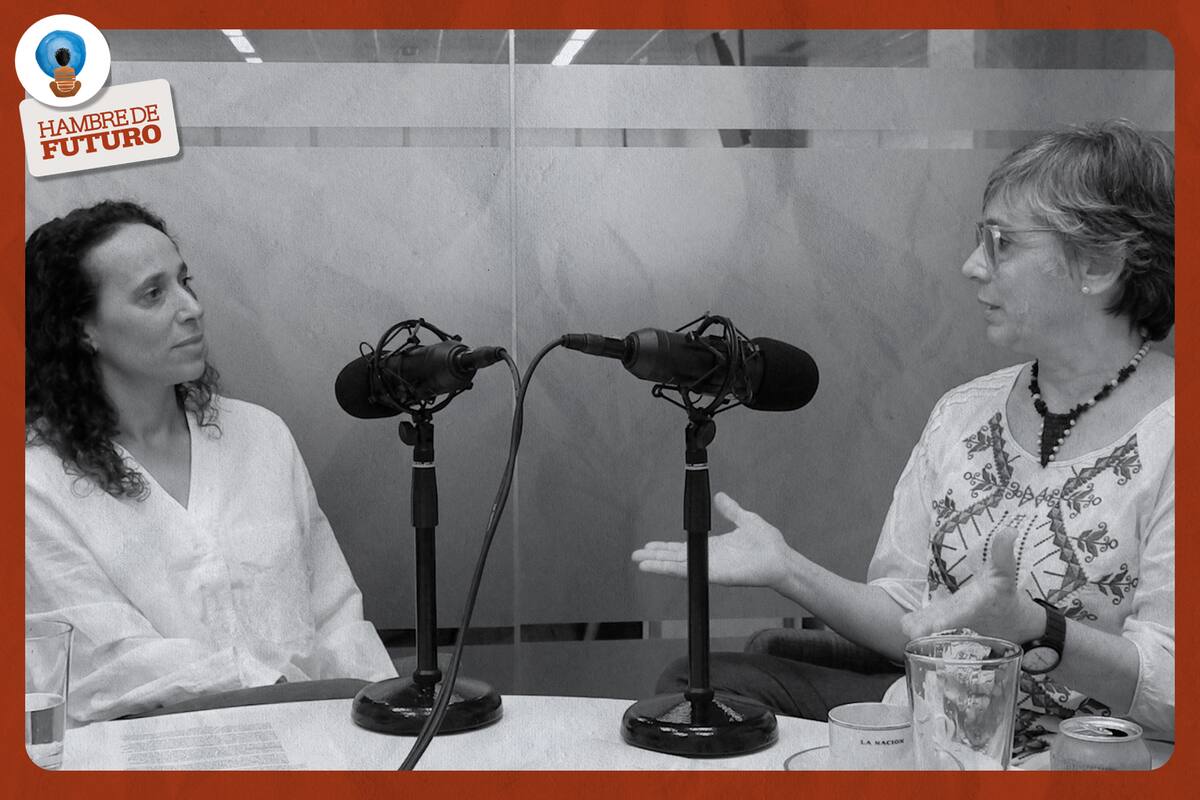
Health in Argentina: the risk of symptoms that are not seen
For Alejandra Sánchez Cabezas, a gynecologist and founder of Surcos- NGO that works to enhance community health- Argentina is an unequal society and that gets sick. “In Argentina there are people who have to travel great stretches to access health, health services are increasingly exceeded demand. And in addition, there are increasingly worse salaries and more discomfort in health workers. And in addition, we must address very complex situations so that which many times do not have physical resources, supplies or abilities, because they are very complex problems,” says this specialist in the episode of the podcast of the podcast of the future. Although he acknowledges that in the world there are much less poor than 200 years ago and that the life expectancy increased, puts the magnifying glass on chronic pathologies that are not seen in the general photo. “They are chronic noncommunicable diseases that are today the main cause of death in the world, in developed and not developed countries. I am here today and worked well but I have eating disorders, or a hypertension, or I have a diabetes that I do not control, or do not exercise and one day, that explodes,” he adds. Listen to the podcast along the talk, Sánchez Cabezas says that he does not like to talk about vulnerable populations but of violated populations, and that those who live the constant stress of what they are going to eat, of whether among the cold in the house, the fear of rain. “Health figures show that in the most unequal populations, there is more violence, there are more early deaths, and that inequality is not good for anyone. For me prejudices are a personal protection strategy. I think it is ignorance, lack of sensitivity, hurry and a need for protection. In part it is a thought of privileged population,” he says. On the end, the conversation concentrates on what we can do the citizens to reduce the gaps and from what place. “It's not that I have to help them, but I have to commit myself because it is my obligation. You had privileges with which you were born, you did nothing to deserve them and there are people who were born in situations of extreme need, without deserving it. We have to understand that we steal their right to live,” he concludes. Listen to the complete podcast on Spotify and on YouTube
